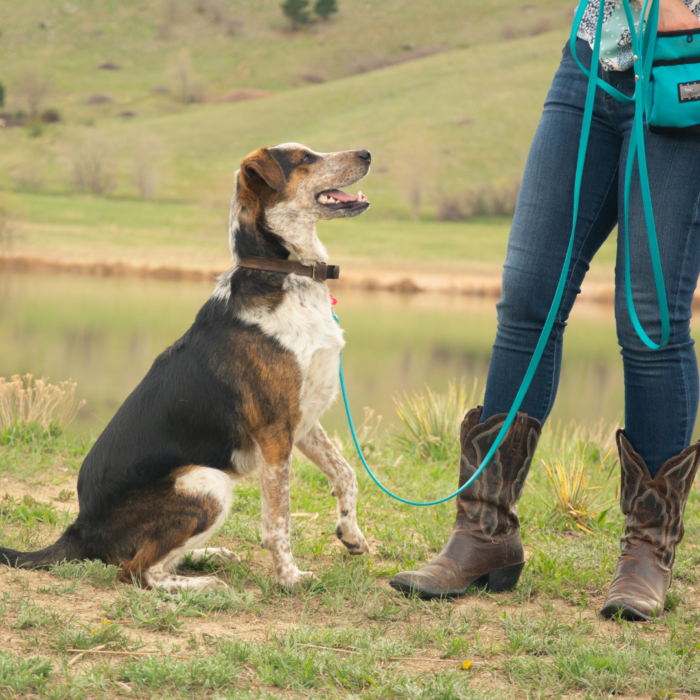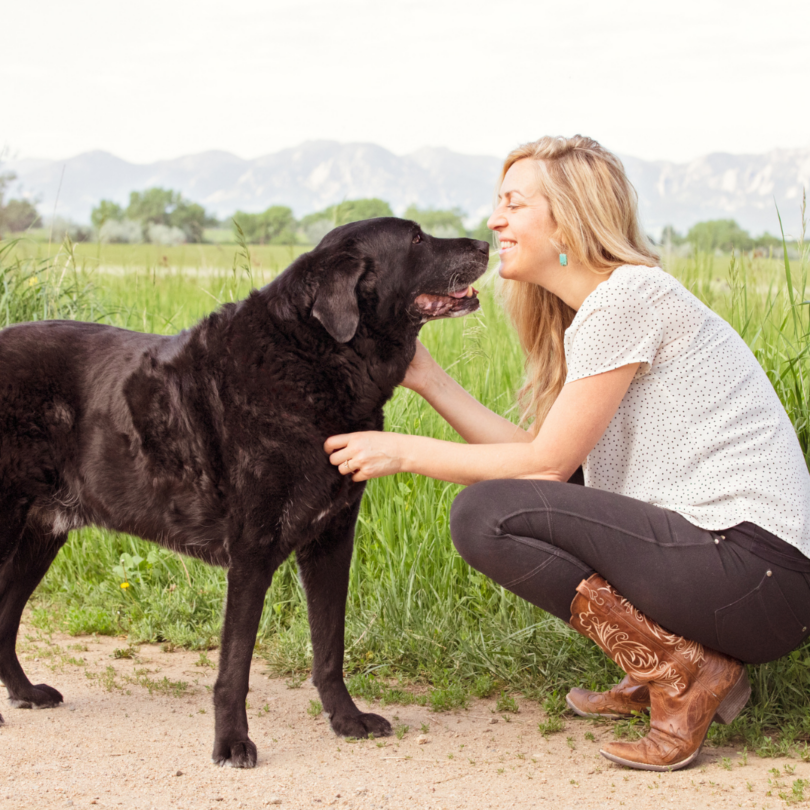In episode 38 of the Paws & Reward Podcast, I am joined by Ursa Acree, a certified dog behavior consultant, to explore the topic of rethinking dog obedience. What are we really training for? The word obedience is defined as compliance with an order or submission to another’s authority. It’s important to remember that language can be very powerful. The words we choose have the ability to influence our expectations regarding our dogs and their behavior. In this episode, we will be discussing why the word “obedience” can be problematic, how it can influence us as pet parents, and new ways to think about how and why we train our dogs. Watch our conversation on my YouTube Channel.
Why is the concept of “dog obedience” problematic?
The concept of dog obedience can be at odds with how we want to live with and train our dogs. The word obedience comes with some psychological baggage and reflects the outdated dog training paradigm, where the dog would get a correction if they did not immediately perform the behavior.
Instead of saying “do this or else” we want to cultivate conditions for a dialogue in this partnership. We want to avoid compulsion and coercion and instead give our dogs choices.
Is the language you’re using supporting the training process or harming it?
The language we use matters. Shifting from “command” to “cue” is meaningful, as is shifting from “obedience” to “life skills” or “partnership”. Sometimes the language we use can set up unrealistic expectations for both pet parents and their dogs. We forget that dogs are living creatures with emotions and desires. We want them to be well-mannered, but we must also realize that some situations for our dogs are harder than others. We can give our dogs (and ourselves) more grace by setting everyone up for success and meeting everyone’s needs.
We as humans aren’t perfect,
so why do we expect our dogs to be?
We want to be their collaborative partner and meet their needs so that they are engaging in the choices that we want.
Learning is a process, it is trial and error. Nobody is going to get it right the first time or every time. Learning a new behavior takes time and repetition. Perfection is not the goal, partnership is the goal.
A dog living with the threat of punishment for doing the wrong thing won’t offer new behaviors for you to reinforce. It makes it much harder to have a dog that’s a companion and a joy to live with, instead, they become scared, anxious, and disconnected from you.
Why is this concept of dog obedience so important to people?
Most people come from a place of wanting their dog to be safe. Having a reliable recall or a “drop it” cue can keep them safe from dashing out the front door or eating something harmful. Though there is an element of care, there is also an element of control, of wanting our dogs to hear us and obey. This can come from societal pressure and/or the outdated dog training model. Thinking that instant obedience is necessary in order to be a good pet parent can be difficult to change because it’s reinforcing to feel in control.

How can we rethink dog obedience?
Instead of looking at training as a checklist, engage with your dog in a genuine way.
- Learn how they learn
- Build a common language
- Understand one another
- Try to see your dog as a whole being rather than something to control
Reevaluate the goals you have for your dog so that you can dig deeper into the skills that are relevant to your dog and lifestyle. This can enhance your connection.
Instead of thinking of training as obedience, think of it as building life skills, growing your partnership, and improving the way you communicate with your dog.

